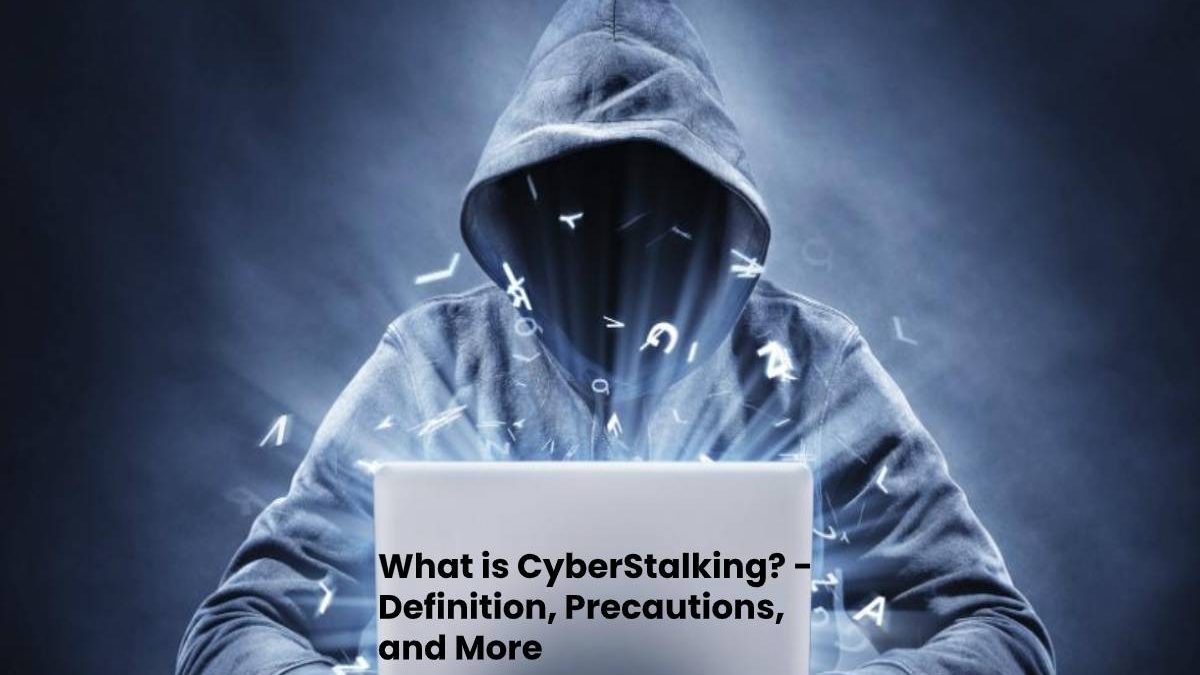Table of Contents
CyberStalking Definition
Cyberstalking is an act of harassment that uses technical means of communication, such as cell phones, Internet, or emails, to put pressure on the person.
Stalking takes place not only by lurking on the street corner or in the form of unwanted letters but also in so-called cyber.
The Internet is a relevant area of application since a fast exchange of information takes place here, and content can spread within a short time.
In cyberstalking, for example, Facebook can be misused for illegal purposes by creating incorrect profiles by spreading offensive content.
What are the Form of Cyberstalking?
The forms of cyberstalking are:
- Spreading lies or false information about the victim online, e.g., B. in blogs or social networks.
- Online orders are on behalf of the victim.
- To spread intimate details, private photos, manipulated photos of victims contacting and harassing the victim, or even his friends.
- Committing crimes on behalf of the victim. Creating fake accounts on behalf of the victim.
- Spying on the victim
What are the precautions to be taken care of Cyberstalking?
- Always log out of computers and programs
- Set up password protection for the user interface and screen saver
- Do not pass on passwords to third parties and change them regularly
- Search online for your name and that of family members to track down slanderous content
- Limit Privacy settings
- Talk to children/family members about cyberstalking
- Use Firewall and virus software
What are the Motives of [Cyberstalking]?
- The proximity between victim and perpetrator is characteristic of forms of cyberstalking on the web or by telephone.
- And also, it is primarily subjective motives that motivate the perpetrator to act.
- For example, love, revenge, hate, or hurt pride come into question. It is always helpful to contact the police if you suspect cyberstalking
- A mental disorder or the inability to adequately compensate for conflicts also considers as the cause and motivation.
- In addition to such person-related, psychologically sound explanatory models, a business background can also identify in isolated cases.

